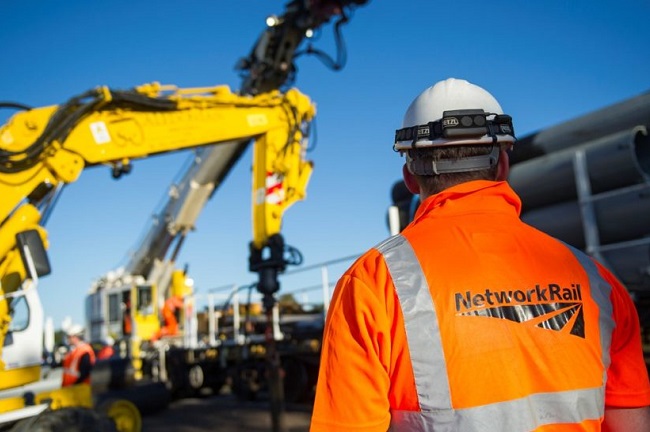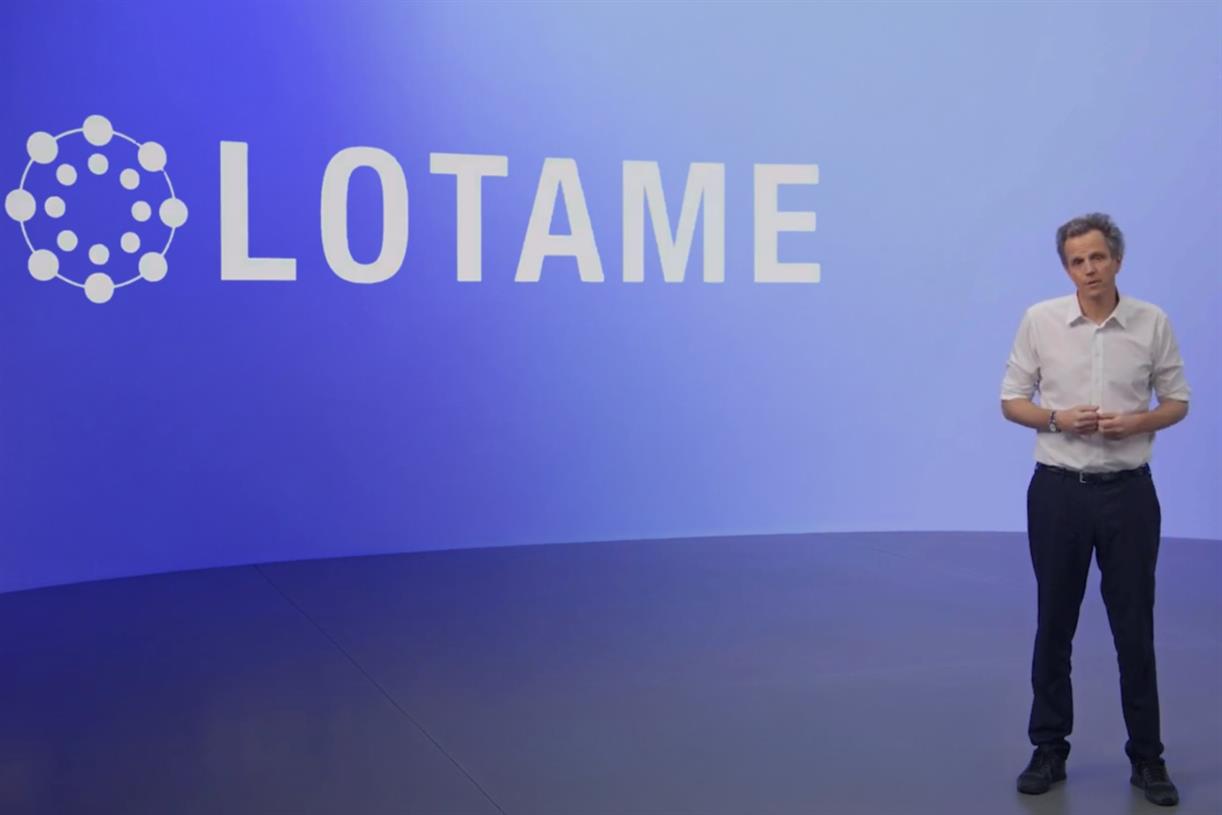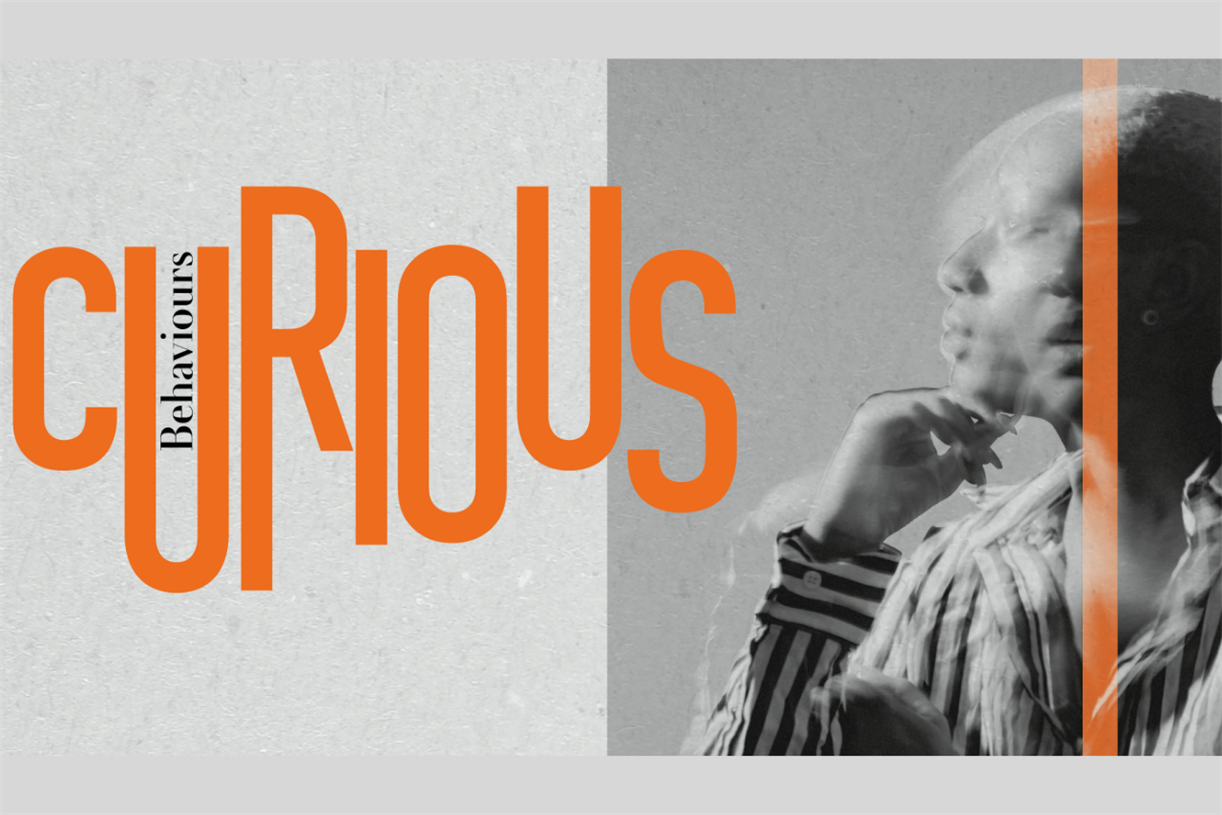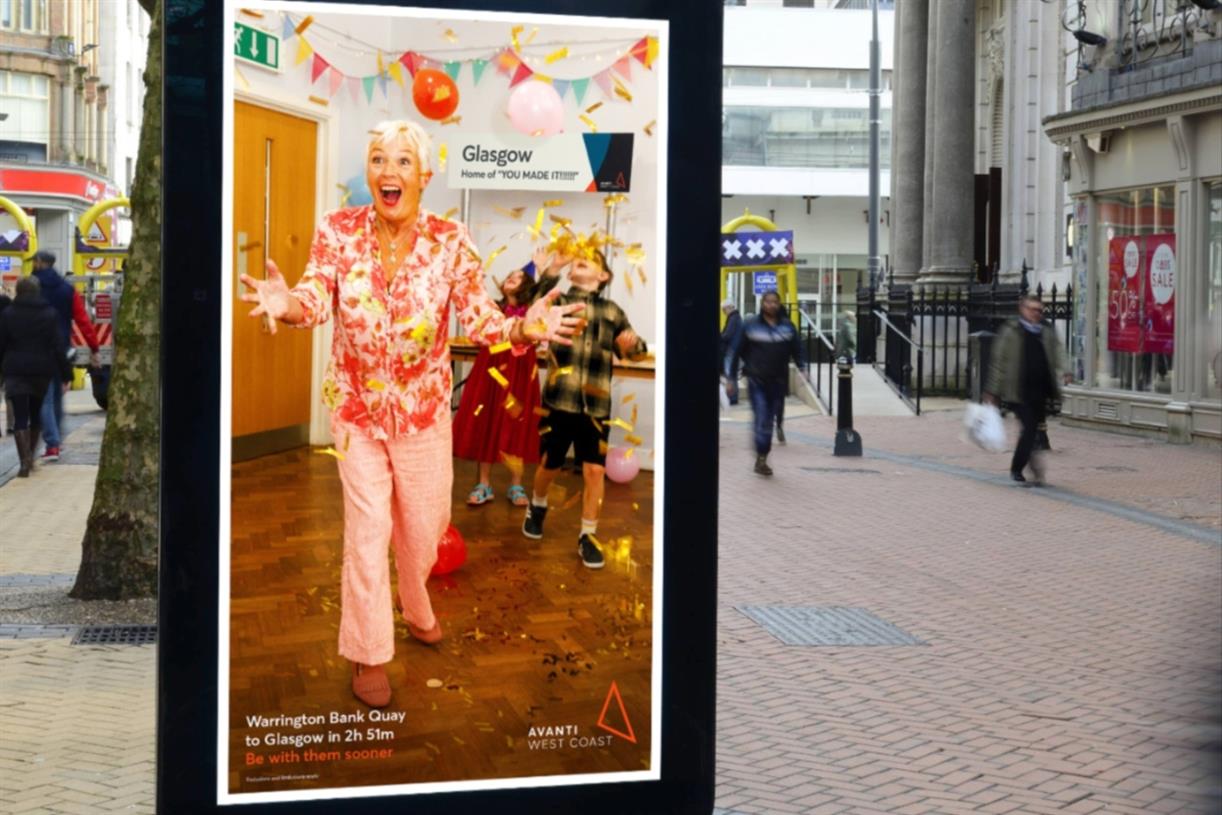How to Choose a PR Agency for Boosting Your Visibility in AI Search
The rise of AI is changing everything in marketing. While the use of automated tools and AI-generated content are certainly significant trends, perhaps the biggest shakeup is in search. It’s a transformation that’s flying under the radar for many...

The rise of AI is changing everything in marketing. While the use of automated tools and AI-generated content are certainly significant trends, perhaps the biggest shakeup is in search.
It’s a transformation that’s flying under the radar for many companies, but it’s crucial to understand, and it puts major value on the services of PR agencies that understand how brand visibility in AI search works. This new type of expertise is called GEO (generative engine optimization) or AIO (artificial intelligence optimization), and demand for it is about to skyrocket.
Whereas people used to turn to Google’s “blue links” to learn about vendors that provide solutions to their challenges, today they’re turning to AI chatbots.
Buyers are increasingly using LLMs like ChatGPT and Perplexity to conduct product and brand research, and to summarize disparate content into a single easy-to-read text. The use of ChatGPT alone for search purposes has grown fivefold in just six months, and 68% of LLM users now use it for research and information gathering.
At the same time, traditional search engines are incorporating AI answer interfaces when presenting information. Bing has Copilot AI search and Google has AI Overviews (AIOs) and AI mode. Recent research found that AI Overviews were triggered for 55% of keywords with under 1,000 monthly searches and 73.6% of longtail keywords. Commercial intent queries receive AIOs 19.4% of the time; and informational queries trigger them 58.7% of the time.
How do brands ensure that they appear in the answers to people’s AI prompts?
Flying high in the AI search game requires something different from traditional SEO tactics. Backlinks and keywords no longer matter much, because AI draws on different authority signals and prefers websites and content to be structured differently. AI search picks up authority and trust signals from context, so the company your brand keeps is likewise critical. This is why a specialized approach to earned media is so important today.
In this sense, PR agencies have become paramount for securing brand mentions in relevant trade journals, driving positive reviews on review sites and knowledge forums like Reddit or Quora, landing thought leadership pieces in reputable third-party publications or guest interview spots on podcasts, and generally ensuring that earned media presents your brand as trusted leaders in your industry.
The landscape is changing rapidly. This entire shift only really got going within the last year or so, and not every PR agency has wrapped their heads around it. Before you commit to an agency, check that they understand the new AI-driven reality and are able to optimize your earned media strategy so your brand gains visibility and trust in AI search.
Here are five questions to ask a prospective PR firm.
How Do You Optimize Content for LLMs?
You want an agency that understands the way that AI search “thinks” about content. Check that the team is aware of AI preferences for structured data and clear schema, and the importance of diversified content formats.
“The content that you publish on your own website serves as an immensely influential signal to AI search, and basically all earned media in reputable websites helps as well, but in my experience, the biggest difference-maker is in identifying the publications and platforms that AI search engines cite most often as sources in a given company’s niche,” says Ben Jacobson, CCO at InboundJunction.
“My team has been running reports on the specific articles, community platform discussions and other content assets that are included in AI answers that mention our clients’ competitors, and by targeting the same or similar media properties,” he adds, “our clients are able to gain share-of-voice in AI search.”
AI looks at brands differently depending on their niche, but each AI engine has the types of media sources that it favors too. Some LLMs draw on podcasts, videos on YouTube or other social media sites, and knowledge forums like Reddit and Quora. Others prefer mainstream media outlets and niche-relevant trade blogs.
To land those AI source citations, your PR agency should help you build earned media assets that include rich, conversational text formatted as how-to guides, ordered lists, definitions, and FAQs that answer the real questions your audience is asking.
What’s Your Approach for Building Brand Authority?
AI search looks at third-party sources and context in social media conversations to assess your brand’s authority and influence, so mentions without links matter more nowadays.
Ask the agencies you’re considering if they have strong relationships with contributors to trusted third-party publishers and can land op-eds in niche-relevant trades. They should have a plan for maximizing mentions and citations in earned media platforms and driving customer feedback on review sites and social media.
“Thought leadership content not only helps brands position themselves as experts in their space but also helps them be found in AI-based searches,” explains Michelle Garrett, consultant at Garrett Public Relations.
“Securing earned media opportunities such as contributed articles in trade publications and podcast interviews adds to the client’s credibility while positioning them to appear in search,” she says. “This means that every appearance in a news article, story, podcast, or blog post has a real impact on discoverability.”
How Will You Measure AI Visibility Success?
Examine the PR agency’s approach to tracking and measuring success in AI-driven discovery, as opposed to traditional SEO and PR. Once upon a time, high rankings on a Google SERP roughly correlated with top-of-funnel leads arriving at your website, and clickthroughs were a reasonable way to measure search impact.
Conversations with AI don’t work like that, and they rarely result in web traffic. Now that zero-click searches are increasing and the customer journey is less linear, visibility in AI search matters for generally building brand awareness and researching the differences between various vendors, so that web traffic arrives much later in the journey, often when people are ready to purchase and they search for your brand name.
A PR agency that knows AI search should be able to explain how they measure the impact of their work now that traditional SEO metrics like organic search click-throughs are no longer relevant. For example, many see brand search volume as a useful proxy metric, because it suggests that your brand building efforts are driving demand.
Targets for appearance in AIOs, LLM summaries, answer boxes, and similar AI search results also make sense. Look for a clear explanation of how they’ll measure the impact of these appearances using metrics like impressions, branded search volume, direct traffic, and returning visitors, and examples of brands they’ve helped already.
Ross Hudgens, CEO of Siege Media, describes how his team tackles measurement. “Currently, we’re measuring overall growth in brand search,” he says. “Ahrefs now has a brand/non-brand view which is really healthy to monitor across the site, but you can also drill down to the homepage only in Search Console or Analytics to measure how that’s growing over time.”
How Do You Stay Up to Date?
AI search is highly volatile and is changing all the time, so your PR agency needs to have clear ways that they stay updated about the fluctuating situation.
They should be able to cite thought leaders that they follow in this area. You might also want to know that they’re familiar with the publications and platforms that are most valued by AI, especially for companies in your industry. They might even have developed their own tech to stay on top of trends.
Sarah Evans, who leads PR at Zen Media, shares that “AI search is evolving faster than most brands can keep up with. We are not just optimizing for human audiences anymore. We are working to understand how machines interpret trust, authority, and relevance across the entire digital ecosystem.”
“At Zen Media, we use proprietary technology that monitors generative search, provides prescriptive next steps, and fully integrates AI visibility into the modern-day PR strategy,” Evans adds. “Our team stays ahead by actively tracking platform changes, testing how earned and owned content surfaces in AI results, and adapting every campaign in real time so our clients do not just chase headlines but lead long term.”
How Do You Track Citations that Influence AI?
This is a challenge, because as mentioned above, the landscape is still changing. What’s more, AI engines are constantly adding to their profiles of individual users and providing personalized responses accordingly. Also, people’s interactions with AI chatbots are more conversational than traditional search queries, involving prompts that could be worded any number of ways and often several follow-up questions.
All of this makes it extremely challenging to see a holistic picture of a brand’s visibility in AI answers.
“Historically, brand monitoring focused on tracking mentions across news sites, social media, and forums. While that’s still important, AI search has introduced an entirely new layer of brand visibility,” observes Laurence O’Toole, CEO at Authoritas. “AI-generated responses don’t just surface organic rankings – they synthesize information from multiple sources, influencing user perception in ways traditional search does not.”
A good PR agency uses automated AI visibility tools such as Athena, Profound, or custom trackers that keep tabs how often and where a brand appears in the sources cited by AI-generated answers and research summaries from ChatGPT, Perplexity, or Google’s AI Overviews.
Media monitoring tools that track brand mentions across reputable sources are also valuable. They should focus on high-authority, AI-crawlable content that’s likely to be included in AI training data, and analyze citation frequency to gauge influence.
The Right Agency Is Ready for the AI Search Reality
As the AI revolution continues to upend all the norms around search optimization, you need to make sure that your PR strategies are up to the challenge. Check that you’re working with a PR agency that keeps abreast of changes, and has the tools and tactics needed to drive success in a volatile environment.

 Troov
Troov 






























